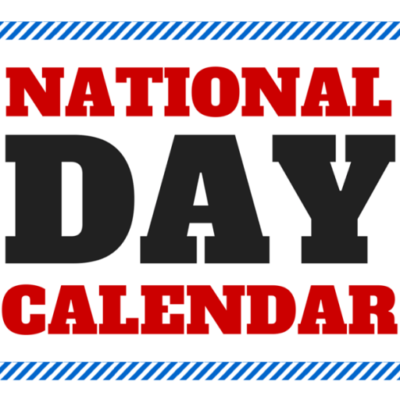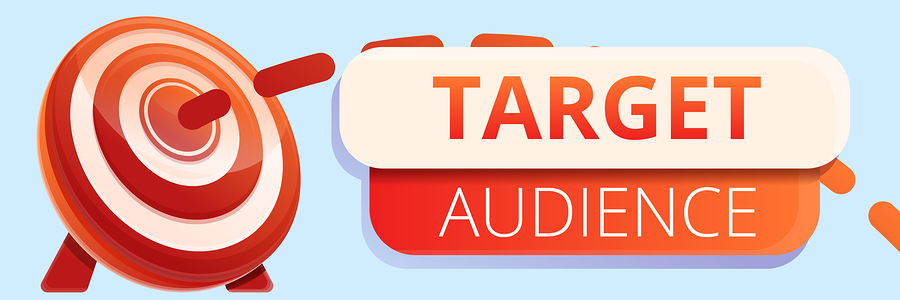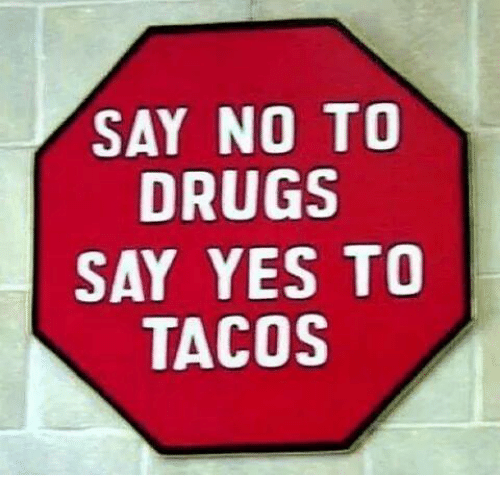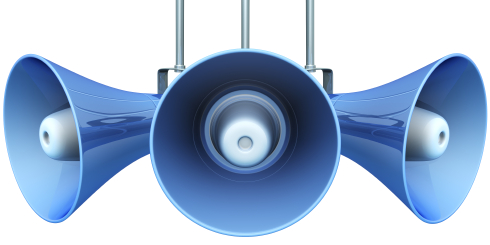If you blog or post regularly, you know the challenge of coming up with new and fresh content. One idea might be to take advantage of NationalDayCalendar.com. This fun website has indexed over 1,500 national days, national weeks, and national months. Use this to find fun things you can write about!
Today is National Waffle Iron Day (no kidding!). Did you know the first patent for a waffle iron was submitted in 1869? Or that in 1918 (102 years ago) General Electric made the first electric waffle iron available to the public? You do now. That means you have to make waffles today in celebration!
Yesterday was National Alaska Day. Since I was born in Alaska, I found this one quite fun. Few realize how large Alaska is. If you cut the state in half, Texas would become the third largest state. It literally stretches the distance from California to Florida if you superimposed Alaska’s map on top of the contiguous 48 states.
Those of you who are romance writers should note that July 6 is International Kissing Day. I suspect you have a book that might be appropriate to promote this Monday.
See how easy it is to find things you can use to tie to your brand and your books?
Look up your birthday, and see what’s special about it. Find another day like an anniversary, a child’s birthday, or the day you signed your first book contract.
Can’t wait to see what you all can come up with!











